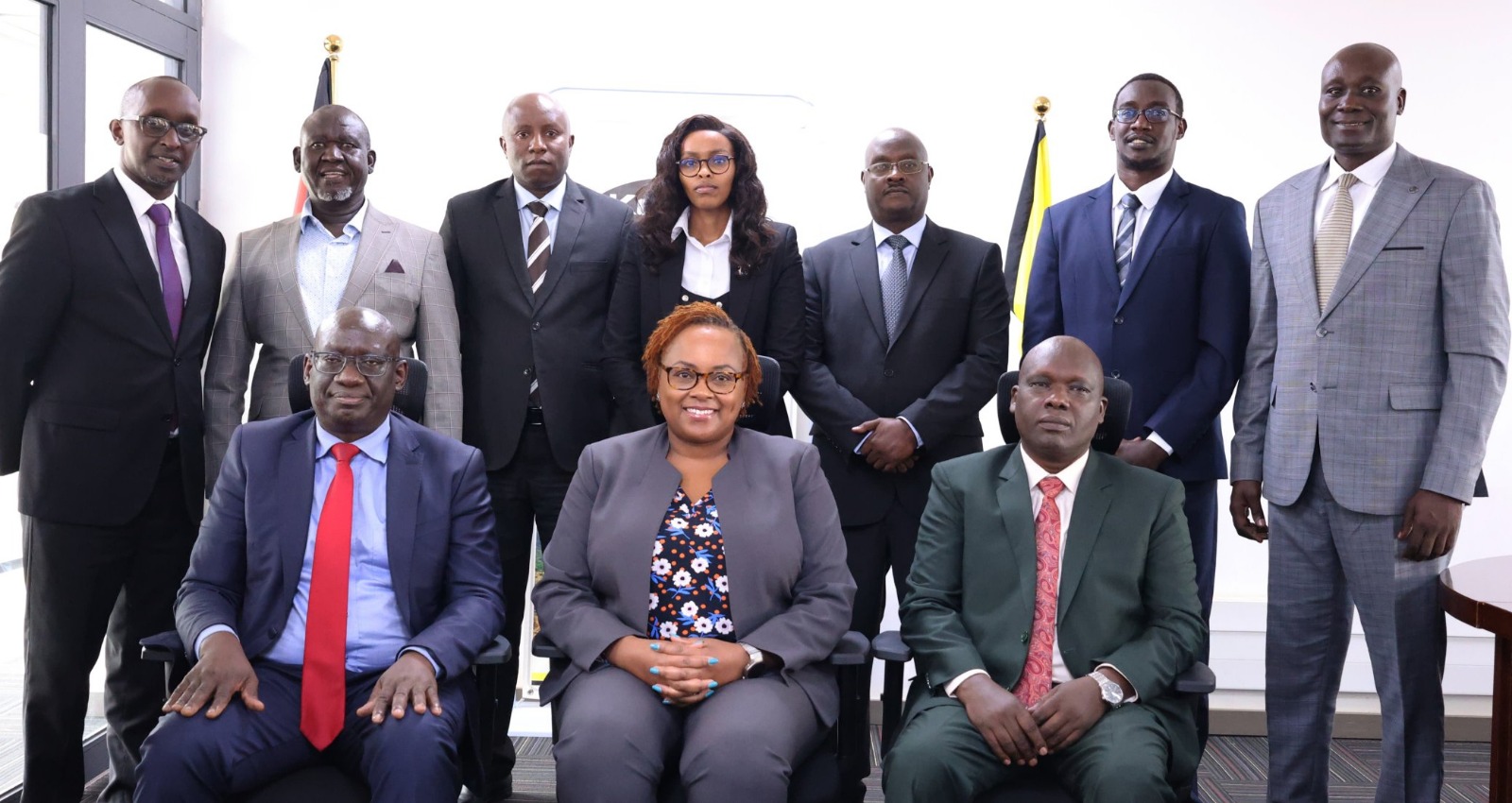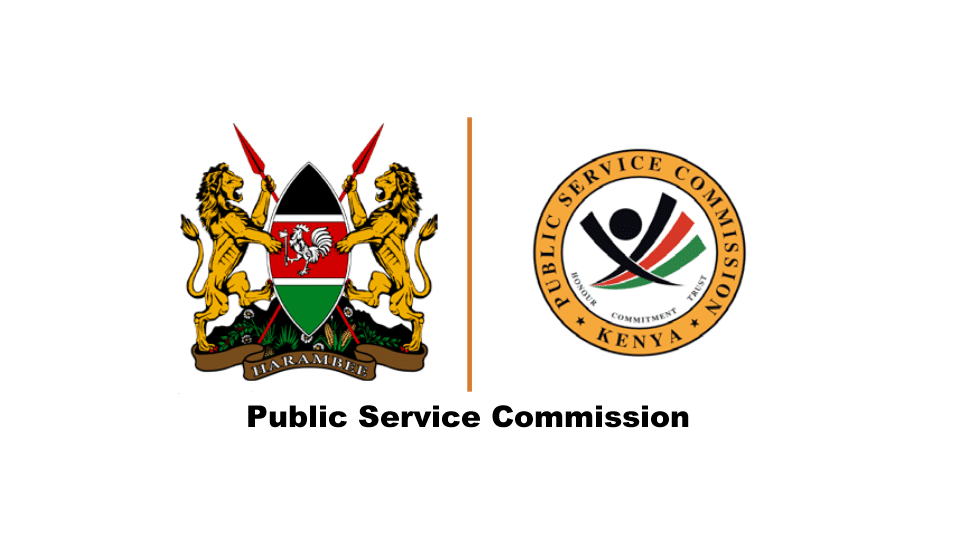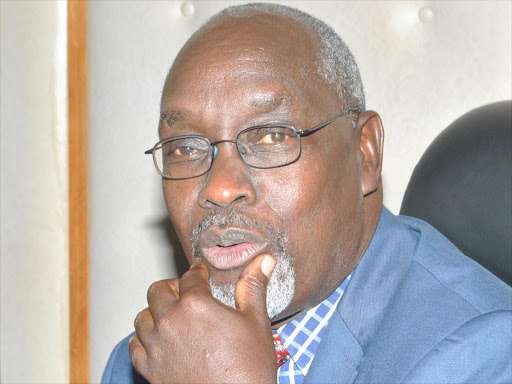At the core of the controversy is a contractor’s claim for an extension of time, additional costs due to delays, and a dispute involving the National Land Commission (NLC). The contractor invokes provisions of the FIDIC turnkey contract, designed to streamline major infrastructure projects, but, in this case, exposing KeNHA’s administrative shortcomings.
The KShs 3.06 billion claim covers unforeseen delays, escalating operational costs, and land compensation issues, allegedly mismanaged by the NLC with KeNHA’s knowledge. Taxpayers may bear the cost of KeNHA’s failure to secure land on time, resolve disputes early, or keep the project within scope and schedule.
“This is a textbook case of institutional failure,” said a senior engineer familiar with the project. “KeNHA signed a turnkey contract, requiring it to ensure all conditions, especially land acquisition, were met in advance. That didn’t happen.”
Under a FIDIC turnkey model, the contractor must deliver a completed, functional road within a fixed time and budget. However, when agencies like KeNHA fail to provide clear access, both physical and legal, the contractor is entitled to compensation for delays beyond their control. That’s precisely what occurred here, yet KeNHA and the Ministry of Roads have offered no public explanation or accountability.
The dispute with the National Land Commission adds complexity. The NLC is responsible for compulsory land acquisition, including valuation and compensation. Sources claim KeNHA proceeded with the Magongo project without securing full access to critical land parcels. Insiders argue KeNHA is using the NLC as a scapegoat to mask its own failures in coordination, documentation, and due diligence.“Blaming the NLC is convenient,” said a government auditor. “But KeNHA, as the project owner, cannot claim to be a victim when it failed to manage a fundamental requirement: land access.”
KeNHA’s history of mismanaging flagship infrastructure projects includes cost overruns and contractor disputes, marked by opaque tendering and chronic delays. The Magongo Road Phase II case stands out due to the scale of the claim and its avoidability. Had KeNHA followed proper procedures, taxpayers would not face a potential KShs 3.06 billion payout, funds that could construct dozens of kilometres of new roads elsewhere. As it stands, the Magongo project risks becoming another Kenyan infrastructure failure: stalled, overpriced, and under scrutiny.
Key questions remain unanswered: Where was the Public Procurement Regulatory Authority (PPRA)? Why did the Ministry of Roads not intervene earlier? Why has Parliament remained silent on a KShs 3.06 billion claim? The issues extend beyond KeNHA, pointing to systemic governance failures. Until accountability is enforced, Kenya’s road network will remain hindered not by potholes but by poor governance.
The Weekly Vision will continue to monitor developments in the Magongo Road scandal. If you have insider information, documents, or whistleblower reports, contact us confidentially at weeklyvision@gmail.com.
[/full]





